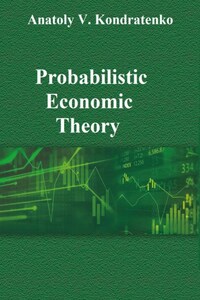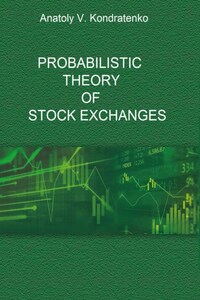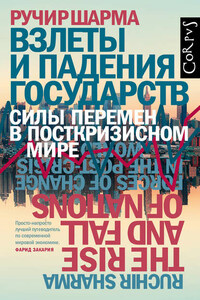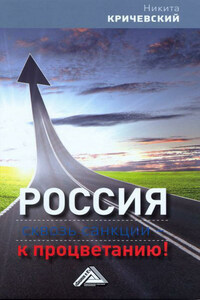All rights reserved. No part of this publication may be reproduced, stored in a retrieval system, or transmitted, in any form or by any means, electronic, mechanical, photocopying, recording, or otherwise, without the prior written permission of the author.
The monograph offered to the attention of readers is the second in the series [1, 2, 3] devoted to the development of probabilistic economic theory. This book presents principles of physical economics, new economic discipline primarily concerned in the book with the agent-based physical modeling of the market economic systems and eventually with the elaborating of probabilistic economic theory. At the heart of physical economics and probabilistic economic theory are the well-known cornerstone concepts of classical economics, in particular the subjective theory of value, such as regularity in the sequence of market phenomena and an interdependence of those, as well as key roles of individuals’ actions and social cooperation in the many-agent market processes. The main point of the concept of the physical modeling is that formal approaches and procedures of theoretical physics are used to describe these economic concepts. The obvious structural and dynamic analogy of the many-agent economic systems with the many-particle physical systems is basic to the formulation of fundamentals of the method of the agent-based physical modeling of the many-agent market economic systems in the formal economic space.
It is also vital to the elaboration of the main paradigm and eventually the five general principles of physical economics, as well as of probabilistic economic theory. The uncertainty and probability principle holds a central position among of them. All the principles provide the necessary background to physical economics that include such theories as classical economy, probability economics, and quantum economy. The book provides a unique source for learning and understanding all the concepts and principles of physical economics, together with the quantitative methods of calculating and analyzing the many-good, many-agent market economies. Conceptually, the book can be viewed as an introduction to economics for physicists, expressed by means of the terms and language of physics. This monograph may seem interesting to everyone who is engaged in research in economics, finance, econophysics or physical economics, as well as to professional investors and stock traders.
References:
1. Kondratenko A.V. Physical Modeling of Economic Systems. Classical and Quantum Economies. Novosibirsk: Nauka (Science), 2005.
2. Kondratenko A.V. Probabilistic Economic Theory. Novosibirsk: Nauka (Science), 2015.
3. Kondratenko A.V. Probabilistic Theory of Stock Exchanges. Novosibirsk: Nauka (Science), 2021.
I have the pleasure of bringing to the reader’s notice a book that expounds on the principles of physical economics, and more specifically, probabilistic economic theory. In the broad sense, physical economics is a relatively new economic discipline concerned with the study of economic phenomena from the point of view of physics. More exactly, it is through such economic investigations that we explore methods of theoretical physics previously developed in that discipline for solving formally similar problems. Depending on the statement of the economic problem under study, those can be mechanical, statistical, thermodynamic or other methods. For this reason, there are several corresponding variants of presentation of physical economics in the literature depending on the methods applied. The two books [1, 2] can be cited as an example of the presentation of physical economics from the point of view of statistical physics. It is evident that these books primarily deal with open financial markets with huge numbers of market agents, where statistical effects obviously play one of the leading roles. The key review [3] presents a phenomenological version of physical economics in terms of classical mechanics.
As far as my book is concerned, I am interested here mainly in ordinary economies with various markets of goods and commodities. In contrast to financial markets, I believe both the deterministic and probabilistic effects to play dominant roles in such market economies. From the one side, the market agent pursues, as a rule, definite aims and explores standard work methods on the markets that, to some extent, lead to determinism on the markets. From the other side, the market agents are generally forced to work under uncertain market conditions. It means that we always have to take into account in the theory that uncertainty permanently accompanies all of the market agents’ important decisions. There is no escaping the conclusion that all significant market phenomena have a probabilistic nature, too. Therefore, I study the many-agent market economic systems in this book from the point of view of classical and quantum mechanics which have been elaborated through physics to describe the deterministic and probabilistic effects in the many-particle physical systems. For this reason, I treat the term










